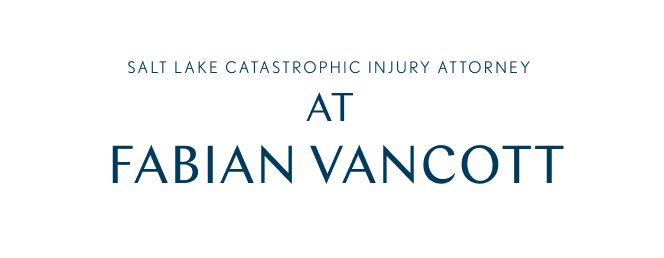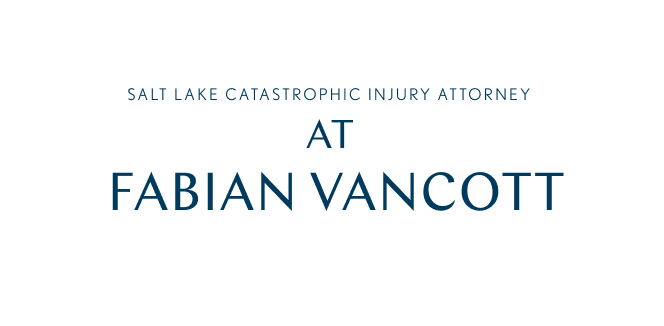The Utah Supreme Court has reversed a trial judge’s striking of the experts for plaintiff in a medical malpractice case because the original two experts were given information about the prelitigation panel results and two substitute experts were untimely designated.
Coroles v. State of Utah, University Health Care et al., 2015 UT 48 (4/21/15).
Coroles v. State of Utah, University Health Care et al., 2015 UT 48 (4/21/15).
Apparently plaintiff’s counsel in this medical malpractice/wrongful death case got a favorable result from the prelitigation panel. These are supposed to be confidential, but plaintiff’s counsel told his experts about the outcome in his cover letters to them. The district court struck the experts without ever considering whether the knowledge they obtained from learning of the prelitigation results had anything to do with their opinions. The trial judge concluded that as a matter of law that exposure of an expert to any information protected by 78B-3-416(1)(d) required automatic exclusion.
The Supreme Court found this to be excessive– it’s unlikely that the opinion of a lawyer, a doctor, and a layperson would have much of an effect on a medical expert’s own opinions, and it requires some further digging to determine whether it did. Even if it did, the proper remedy would be to strike that part of the opinion, not strike the expert from testifying at all. The Court relied upon several federal cases allowing experts who were exposed to inadmissible information to testify, as long as they are able to form an opinion without relying on the that information.
Interestingly, two weeks after the motion to strike was served by the defendants, plaintiff’s counsel went out and obtained– and then designated– two new replacement experts. The trial judge struck these as untimely under the scheduling order, even though there were months left in expert discovery, and a trial date hadn’t even been set. It then entered summary judgment for the defense because plaintiffs had no experts.
The Supreme Court held that the trial court confused Rule 37(h) with the proper rule, Rule 16(d). That latter rule is the one that applies to untimely designations under a scheduling order, not Rule 37(h), which shifts the burden for relief from non-disclosure to the party who didn’t disclose. Rule 37(h) applies when a party when evidence is not disclosed at all, and Rule 16(d) applies when evidence is produced late under a scheduling order. (Par. 23). Court of Appeal cases suggesting otherwise are overruled.
On remand, the trial judge may not exclude the supplemental experts, if it even gets that far: it must first decide whether the original experts’ relied on the confidential information from the prelitigation panel and that they cannot express an opinion at trial without relying on it. (A highly unlikely outcome, obviously.)
The Supreme Court found this to be excessive– it’s unlikely that the opinion of a lawyer, a doctor, and a layperson would have much of an effect on a medical expert’s own opinions, and it requires some further digging to determine whether it did. Even if it did, the proper remedy would be to strike that part of the opinion, not strike the expert from testifying at all. The Court relied upon several federal cases allowing experts who were exposed to inadmissible information to testify, as long as they are able to form an opinion without relying on the that information.
Interestingly, two weeks after the motion to strike was served by the defendants, plaintiff’s counsel went out and obtained– and then designated– two new replacement experts. The trial judge struck these as untimely under the scheduling order, even though there were months left in expert discovery, and a trial date hadn’t even been set. It then entered summary judgment for the defense because plaintiffs had no experts.
The Supreme Court held that the trial court confused Rule 37(h) with the proper rule, Rule 16(d). That latter rule is the one that applies to untimely designations under a scheduling order, not Rule 37(h), which shifts the burden for relief from non-disclosure to the party who didn’t disclose. Rule 37(h) applies when a party when evidence is not disclosed at all, and Rule 16(d) applies when evidence is produced late under a scheduling order. (Par. 23). Court of Appeal cases suggesting otherwise are overruled.
On remand, the trial judge may not exclude the supplemental experts, if it even gets that far: it must first decide whether the original experts’ relied on the confidential information from the prelitigation panel and that they cannot express an opinion at trial without relying on it. (A highly unlikely outcome, obviously.)


